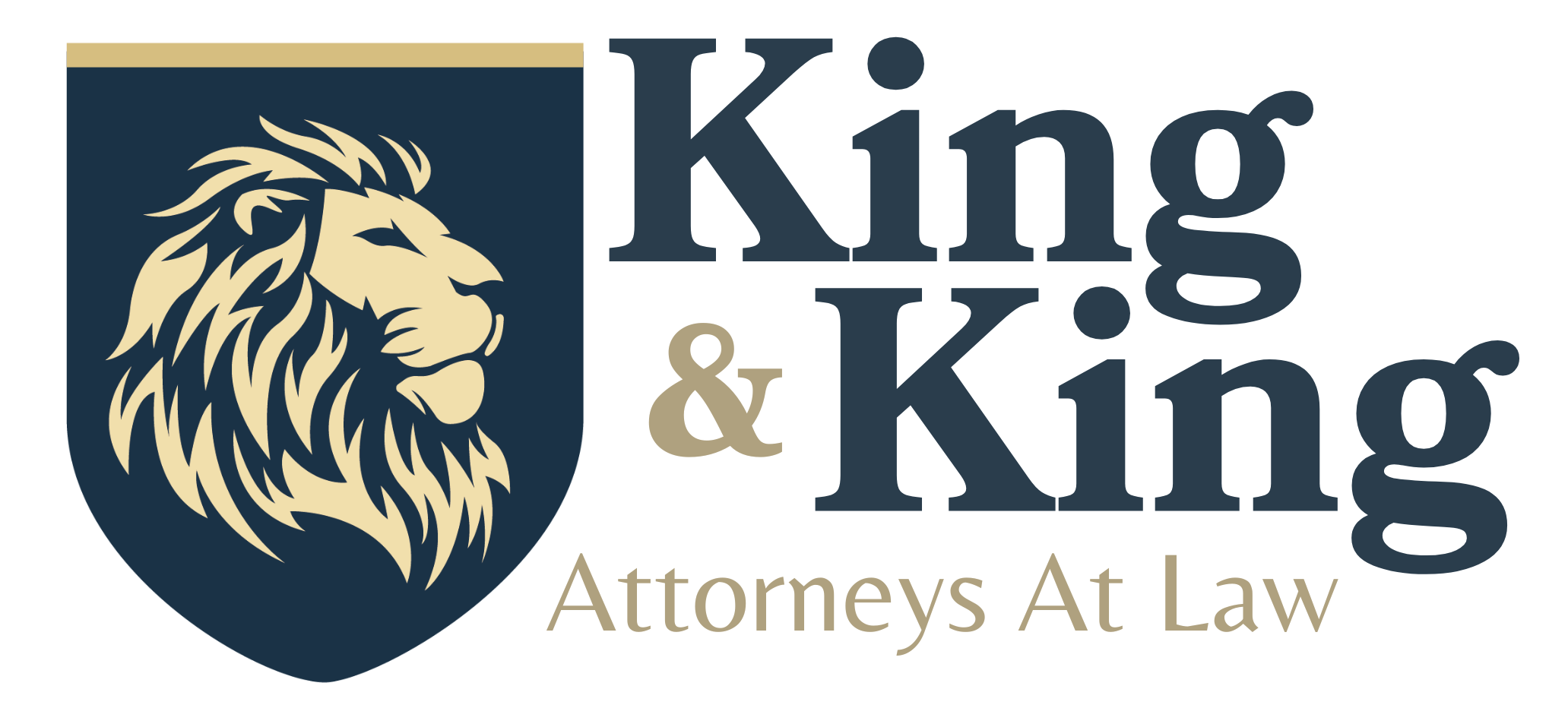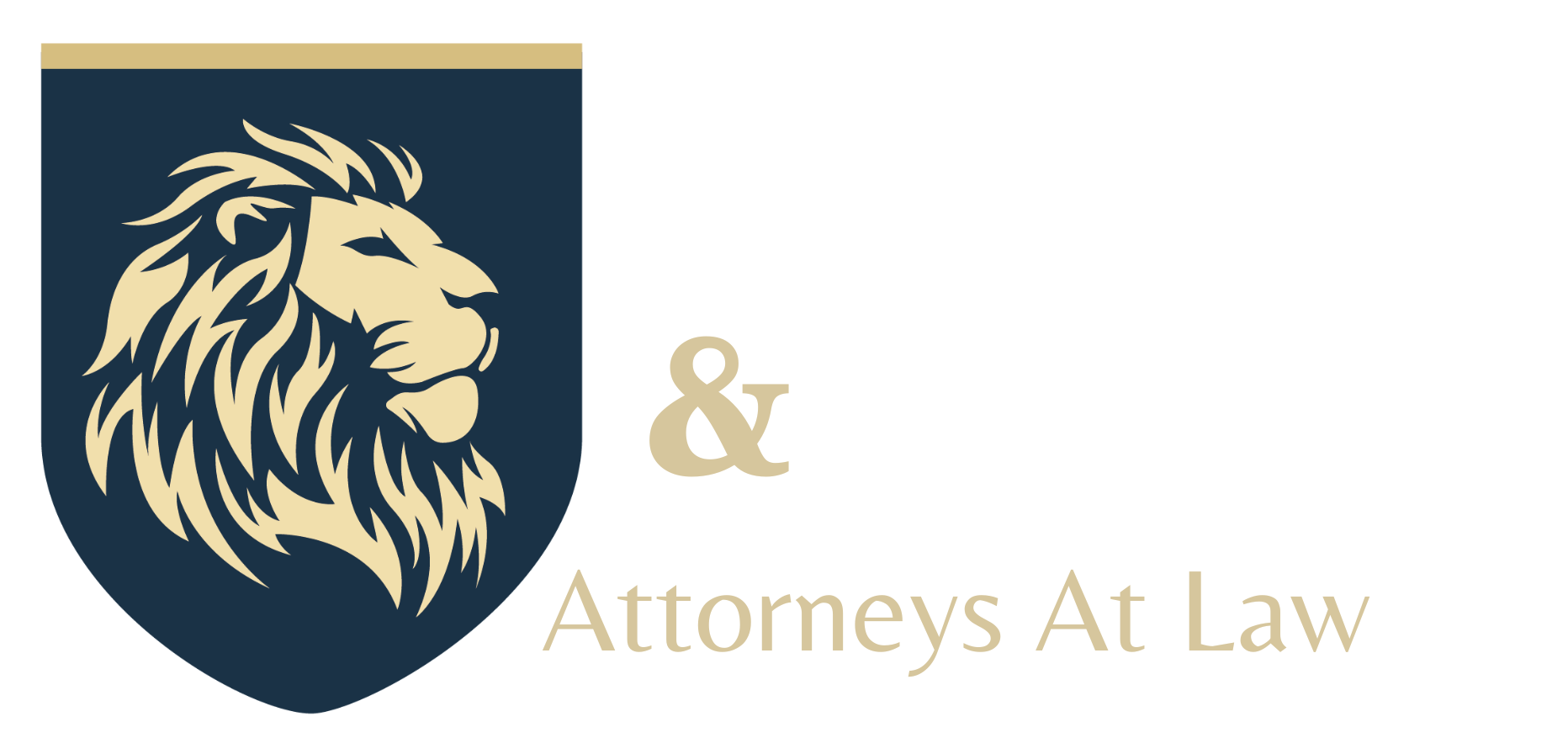
As a business executive, you are used to strategizing and creating goals as part of your job. But have you devoted time to strategizing and creating goals to protect yourself and your loved ones? If not, we are here to help you address some of the goals business executives often have when looking to their future.
Protecting Your Hard-Earned Money from Lawsuits and Creditors
Although you are usually protected from liability arising from your job, there are some circumstances in which you may be sued. With more responsibility comes a potentially higher risk to your personal accounts and property. One way to protect your personal accounts and property is to make sure that you or your employer has acquired appropriate directors and officers liability insurance. A second way is by using special irrevocable trusts.
Domestic Asset Protection Trust
A domestic asset protection trust (DAPT) is one strategy you can use to protect your money and property. You give some of your property to this trust, which is irrevocable and thus cannot be changed. The trustee can potentially make distributions to you, thereby allowing you to continue enjoying some benefits of the trust property. However, the trustee in most cases needs to be an independent trustee (someone who is not related or subordinate to you or any other beneficiary and who will not inherit anything). The goals of a DAPT are to allow you to fund the trust with your own money and property, maintain an interest in the trust as a beneficiary, and protect that money and property from your future creditors.
DAPTs work on the legal principle that someone cannot take away from you something you no longer own. When you transfer property into a DAPT, you are actually making a gift of it to the trustee (the person or entity you choose to manage, invest, and use the accounts and property) on behalf of the irrevocable trust.
The laws governing DAPTs are continuously evolving and very state-specific, so it is important that you work with an experienced estate planning attorney.
Lifetime Qualified Terminable Interest Property Trust
A lifetime qualified terminable interest property (QTIP) trust is an irrevocable trust created by a trustmaker spouse (who usually has more money and property) for the benefit of the beneficiary spouse. The trustmaker spouse can create and fund the trust without using any gift tax exemption by relying on the unlimited marital deduction, which allows spouses to gift money and property to each other without tax consequences. During the beneficiary spouse’s lifetime, they will receive all of the trust income and may be entitled to receive trust principal for limited purposes. When the beneficiary spouse dies, the remaining accounts and property will be included in their estate, thereby making use of the beneficiary spouse’s otherwise unused federal estate tax exemption. If the beneficiary spouse dies first, the remaining trust property can continue in the asset protection lifetime trust for the trustmaker spouse’s benefit (subject to applicable state law), and the remainder will be excluded from the trustmaker spouse’s estate when they die.
Spousal Lifetime Access Trust
A spousal lifetime access trust (SLAT) is an irrevocable trust created by the trustmaker spouse for the benefit of the beneficiary spouse. This trust is used to transfer money and property out of the trustmaker spouse’s estate. This strategy allows married couples to take advantage of their lifetime gift and estate tax exclusion amounts by having the trustmaker make a sizable permanent gift to the SLAT that decreases the value of their estate while maintaining some limited access to the money and property that is gifted for the beneficiary spouse’s benefit.
The trustmaker spouse gives money and property (of which they are the sole owner) to the SLAT for the benefit of the beneficiary spouse. If the couple resides in a community property state, they will likely need to convert community property into separate property through a partition agreement. The trustmaker spouse reports the gift on a gift tax return. The beneficiary spouse can receive distributions from the trust, from which the trustmaker spouse may also indirectly benefit. Upon the death of the beneficiary spouse, the trust assets are transferred to the remaining trust beneficiaries (usually children and grandchildren of the couple), either outright or in trust.
When considering these types of trusts, it is critical that you work with an experienced estate planning attorney. These trusts usually have very strict requirements that must be met in order to provide you with the protection you are looking for. It is also important that you understand how much control you will be giving up in order to protect your hard-earned money.
Asset Protection for Your Loved Ones
Because you have worked hard to accumulate your wealth, you likely want to protect it even when it is time to leave it to your loved ones. There are a few types of trusts you can use to accomplish this.
Discretionary Trust
A discretionary trust is a trust in which the trustee uses their discretion as to when distributions of money or property are made to or for the benefit of the beneficiary. Because your beneficiary will not be guaranteed or have a right to demand a specific amount of money or piece of property, the funds can be better protected from the beneficiary’s creditors, predators, or even a divorcing spouse. A discretionary trust can be included as part of your revocable living trust, a last will and testament, or a separate trust.
Irrevocable Life Insurance Trust
An irrevocable life insurance trust (ILIT) is another valuable strategy that protects your loved one’s financial well-being. The ILIT owns a life insurance policy on your life and receives the death benefit upon your passing. Because the death benefit is paid to the trust instead of outright to your beneficiaries, this type of trust can protect the death benefit from creditors of your beneficiaries, lawsuits, or future divorcing spouses as long as it is properly created to remain in trust and is not distributed to the beneficiaries outright. Beyond asset protection benefits, a properly structured and executed ILIT can also significantly reduce future estate tax liability because the life insurance policy is owned by the trust and payable to the trust and will not be taxed as part of your estate upon your death.
Standalone Retirement Trust
A standalone retirement trust (SRT) is a special type of trust, separate and distinct from your revocable living trust, that is designed to be the beneficiary of only your retirement accounts after your death. When drafted as an accumulation trust, an SRT protects the inherited retirement account from the beneficiary’s creditors as well as guardianship or probate proceedings. An accumulation trust requires that any required minimum distributions that are taken from the retirement account are reaccumulated back into the trust corpus. Similarly, if the retirement account must be liquidated (which is usually the case 10 years after the original account owner’s death), the funds remaining in the retirement account are accumulated into the trust corpus, not given outright to the beneficiaries. While there can be drawbacks to an accumulation trust, such as distributions being taxed at the trust income tax rate, which is often higher than the individual beneficiary’s tax rate, some people find that the benefits outweigh this potential burden. An SRT drafted as an accumulation trust ensures that the inherited retirement account remains in the family and out of the hands of a child-in-law or former child-in-law. It can also enable proper planning for a disabled or special needs beneficiary.
Protecting Your Hard-Earned Money from the Internal Revenue Service
Like most of us, you probably want to pay as little tax as possible. Depending on what other accounts or property you own, you may need to start strategizing with a tax professional about the best way to save on income taxes. Also, if a stock option was presented to you as part of your compensation package, you may need professional guidance before taking any action. Depending on the type of stock option you were given, it may need to be reported as taxable income once it has been granted, and tax might be due when you decide to sell the stock. Because of the various tax implications, it is important that you work with a professional to plan if and when you would like to exercise your stock option and when you sell the stock.
Estate and gift tax should always be in the back of your mind when you start accumulating accounts and property. Depending on how much you make each year and other accounts and property you own, estate tax could become an issue. Although the rate is high right now at $12.92 million per person for 2023, this rate will sunset December 31, 2025, and return to $5 million, adjusted for inflation. It is possible that while you may not have an estate tax issue on December 30, 2025, you might have one on January 1, 2026.
Protecting Your Hard-Earned Money and Loved Ones from Prying Eyes
If you work for a large company in your area, or if you are employed by a Fortune 500 company, keeping the details of what you own and who will receive it private may be critical to ensuring the privacy of your loved ones. If this is important to you, you need an up-to-date estate plan—specifically a trust.
If You Have No Estate Plan
Without an estate plan, your loved ones will likely have to go through the probate process. This is a public, time-consuming, and costly process of gathering your accounts and property and distributing them to the appropriate individuals. This process requires that important information become part of the public court record, such as an inventory of everything you owned, a list of all of the people receiving your money and property, and how much each will be receiving. This means that anyone with a few dollars and some free time can either go down to the courthouse and get these documents or get them online if your county provides that service. Also, without any plan, state law will determine who receives your money and property, how much, and when.
If You Have a Last Will and Testament
If you have a will, you can dictate who will receive your money and property, how much each person will receive, and when they will receive it. However, the process of gathering everything up and distributing it to the appropriate people is still overseen by the court, and all of the information may be available to the public.
If You Have a Trust
With a trust, you can specify who gets the money and property in the trust, how much they will receive, and when they receive it—without court involvement. In the trust agreement, you appoint a trustee that will be in charge of managing everything and working with the named beneficiaries to ensure that your money and property are distributed as you intended. In most cases, the trust or any additional information such as an inventory or accounting will not be provided to the probate court, which means that the public will not be able to access it.
With the many options available to you, it is important that you have someone you can trust. We are committed to helping you evaluate and meet the goals that are most important to you. Call us to schedule a meeting to discuss your personal goals for yourself, your loved ones, and your hard-earned money.
The risk of suffering a data breach has never been higher, especially for businesses in Foley, AL and Gulf Shores, AL. Small businesses are three times more likely than larger businesses to be targeted by cybercriminals. The costs of a cyberattack, both in terms of financial and reputational damage, can be devastating to small businesses. […]
You have spent years building your business in Foley, AL and Gulf Shores, AL, but at some point, the time will come for you to sell the company and exit. While many business owners choose to keep the company in the family, that is not always realistic. Family members may not have the interest or […]
Over time, your business can undergo significant changes. What may have started as a humble, one-person operation in Foley, AL can grow into a more complex company, with multiple owners, employees, an evolving mission statement, and increasing risks. As the scope and goals of your business shift, an accompanying change in business structure might be […]
Small business owners in Foley, AL and Gulf Shores, AL are no strangers to government regulations. There are many requirements that businesses must be aware of and comply with, including business license and permit rules. Most businesses must obtain licenses or permits, so it is important for each business to know which ones it needs. […]






